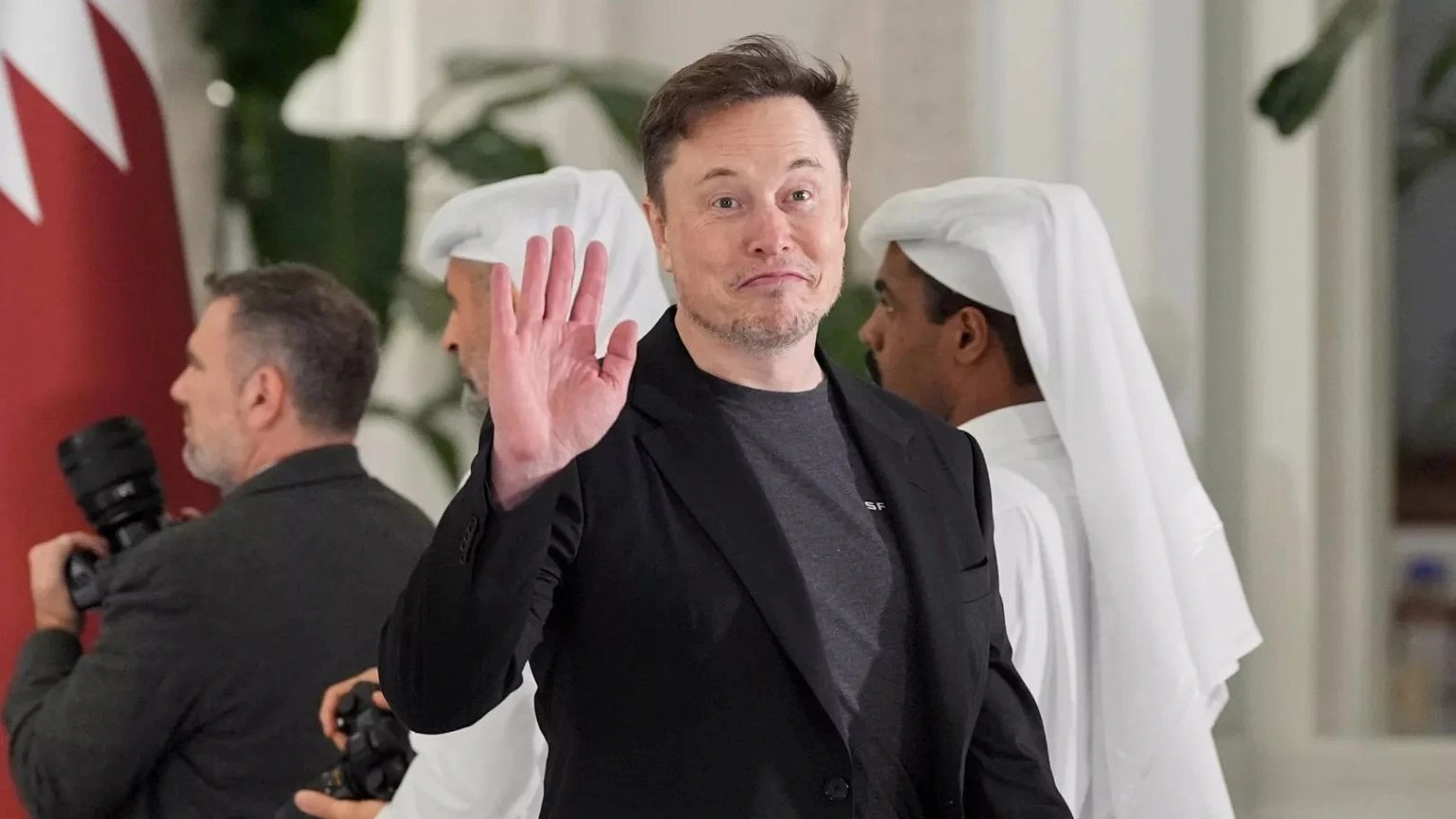The CEO at War with His Own Brand

The divisive and imaginative CEO of Tesla and SpaceX, Elon Musk, finds himself at the junction of a difficult and explosive crossroads. Originally praised mostly as a scientific genius and commercial icon, Musk is now a more political person whose activities and connections attract as much attention as the creations of his businesses. The CEO at War with His Own Brand Musk finds himself in more and more difficult balance between political involvement, shareholder expectations, and the long-term survival of Tesla as the boundaries between his personal views, economic interests, and public influence blur.
Pioneer of electric vehicles (EV), Tesla has grown to be among the most powerful business in the twenty-first century. Its ascent upset the automobile sector, hastened the worldwide drive for renewable energy, and placed Musk among the wealthiest individuals on Earth. But as Tesla develops and rivals narrow the EV technology gap, the business confronts growing difficulties ranging from regulatory scrutiny and manufacturing bottlenecks to diminishing demand in important countries such China. Under these circumstances, Musk’s more vocal political views run the danger of being a liability, or worse, a distraction.
Musk has never run from controversy. He tweets rashly, trolls’ detractors, and gets into public arguments with reporters, legislators, and even his own investors. But lately, especially with his purchase of Twitter (now X) in 2022, his political activity has been more intense. Musk has supported free speech absolutism via the platform while elevating provocative or conspiratorial points of view. He has attacked government overreach, backed right-leaning politicians and organizations, and charged mainstream media of prejudice. Particularly among younger, progressive consumers, historically a sizable population for Tesla’s client base, these moves have turned off some of the public.
Beyond only vehicles, Tesla’s brand stands for innovation, environmental awareness, and the future. Still, that image is under danger as Musk becomes more entwined in the American cultural conflicts. For many, Tesla is now an extension of Musk’s own worldview rather than a symbol of green disruption. This change of view has caused some progressive purchasers to search for rivals like Rivian, Lucid, or even conventional manufacturers like Ford and GM, who are increasing their EV products while keeping a more neutral public posture.
Inside Tesla, the board is under further pressure to curb Musk’s political comments. Pension funds and ESG-oriented companies among other institutional investors are cautious about the brand damage connected to his actions. Particularly from organizations already critical of Musk’s public comments and social media usage, these stakeholders fear that his actions might affect brand loyalty, lower stock performance, or prompt further government investigation. Some investors are responding by pushing for more distinct separation between Musk’s personal platform and Tesla’s business brand as well as better governance rules.
Given Tesla’s entering into a new era of expansion, the conflict between politics and economics becomes very unstable. With consumer incentives shifting and competition growing, the EV industry is fast changing. While governments all across are tightening pollution rules, they also are re-evaluating tax advantages and subsidies for electric vehicle manufacturers. Musk’s increasingly hostile attitude toward regulatory authorities might hurt Tesla when it is negotiating regulations that are absolutely vital to its economic model. One of Tesla’s most significant markets, China also provides a special difficulty. Chinese officials may find Musk’s links to the U.S. political right objectionable, and Tesla’s reliance on its Shanghai Gigafactory for worldwide manufacturing adds even another level of geopolitical difficulty.
Musk’s attention is another matter entirely. Head of multiple well-known businesses including Tesla, SpaceX, Neuralink, and X Musk’s time is limited. Critics contend that his emphasis on political speech and social media management compromises the strategic leadership Tesla need as it expands activities and enters new markets. Although Musk’s energy and charm have surely been key factors in Tesla’s ascent, an increasing number of voices, including those from within the business, suggest that a more disciplined and focused leadership presence would help the firm.
Musk, himself, seems unconcerned about the criticism. He sees his political participation as a moral responsibility and his position as a free-speech defender as inseparable from his personality. Challenging the established quo, in politics, journalism, or technology, in his thinking is part of the same disruptive mentality that developed Tesla and SpaceX. This strategy does, however, run dangers. By confusing his personal crusades with the goals of his businesses, Musk risks compromising the larger coalition of support that originally made his endeavours successful.
Eventually, Musk’s ability to negotiate this triangle of politics, profitability, and leadership will determine Tesla’s fate. If he can realign Tesla’s public image with its basic goal, advancing renewable energy and transportation, while stepping back from explosive political confrontations, the business may still withstand this era of instability. But if Musk keeps erasing boundaries between CEO and political provocateur, Tesla may lose not just investors and consumers but also its character.
Clearly a once-in- a-generation entrepreneur is Elon Musk. Even the most visionary leaders, however, have to understand when their activities start to compromise the institutions they have created, regardless of their moral or emotional nature. The question today is not whether Tesla can create the finest electric vehicle but rather whether Musk can guide the business into a time when leadership calls for moderation rather than simply audacity.











